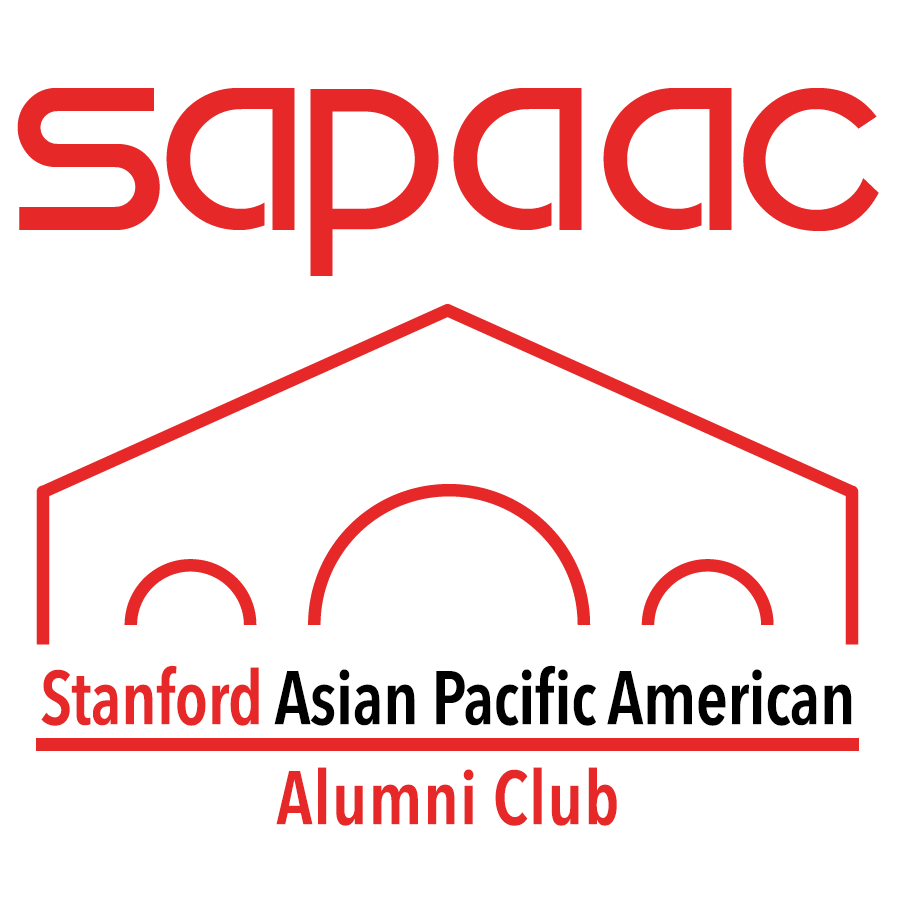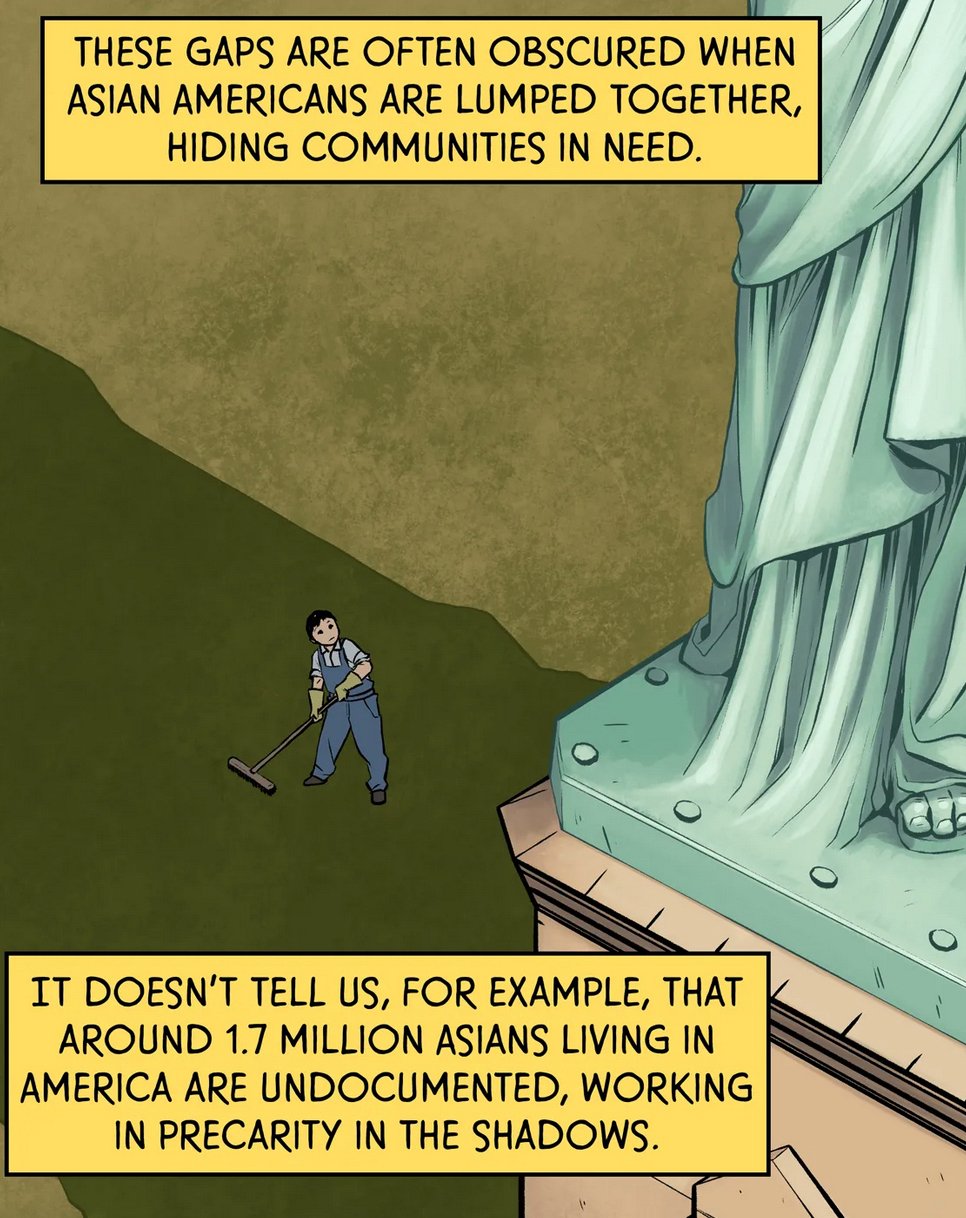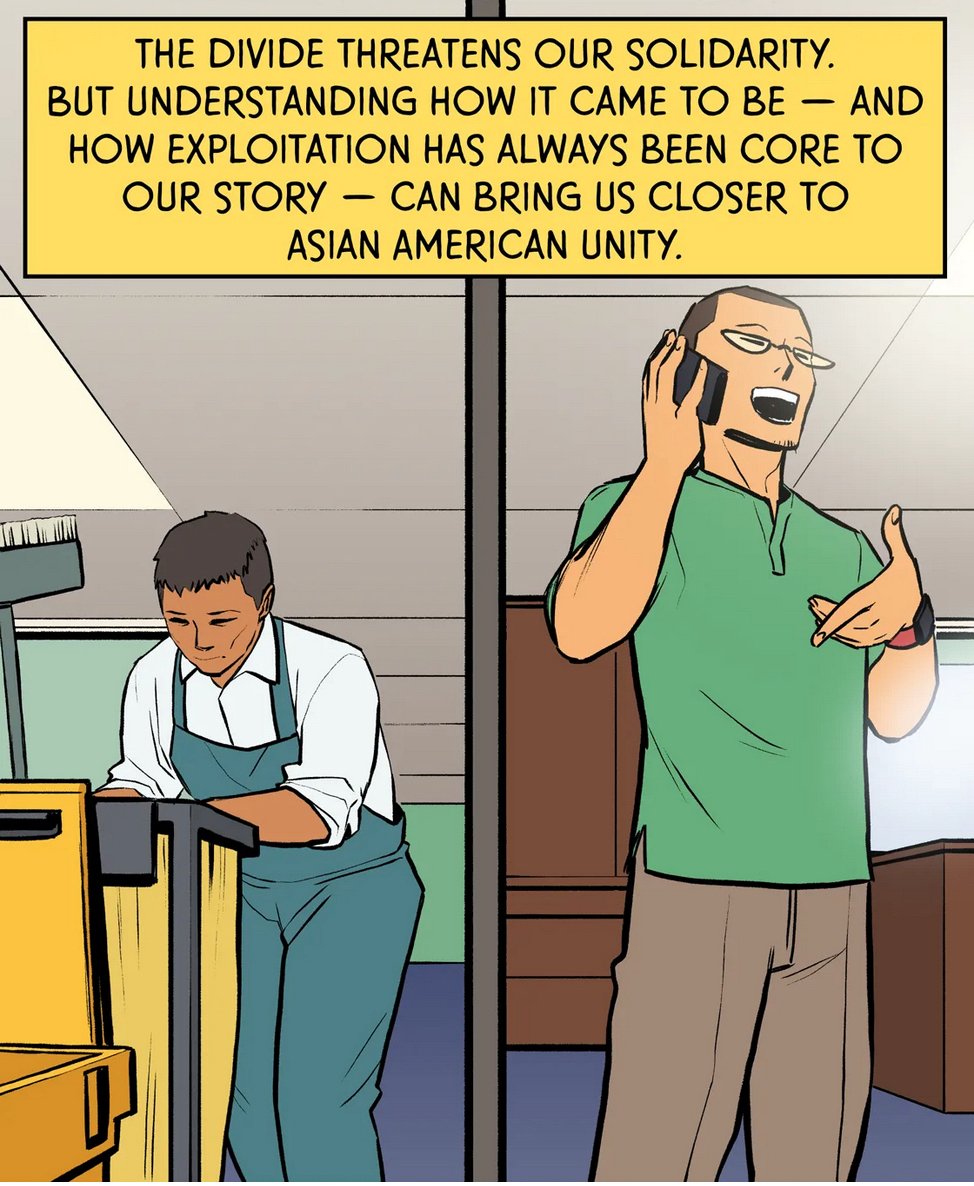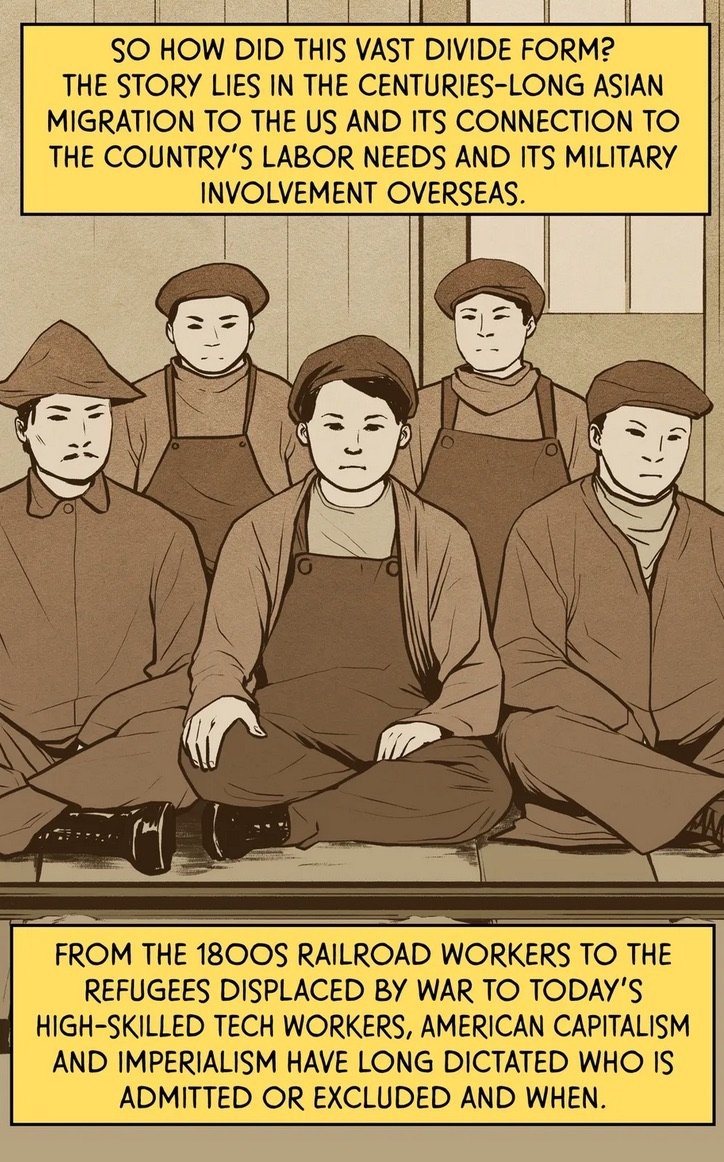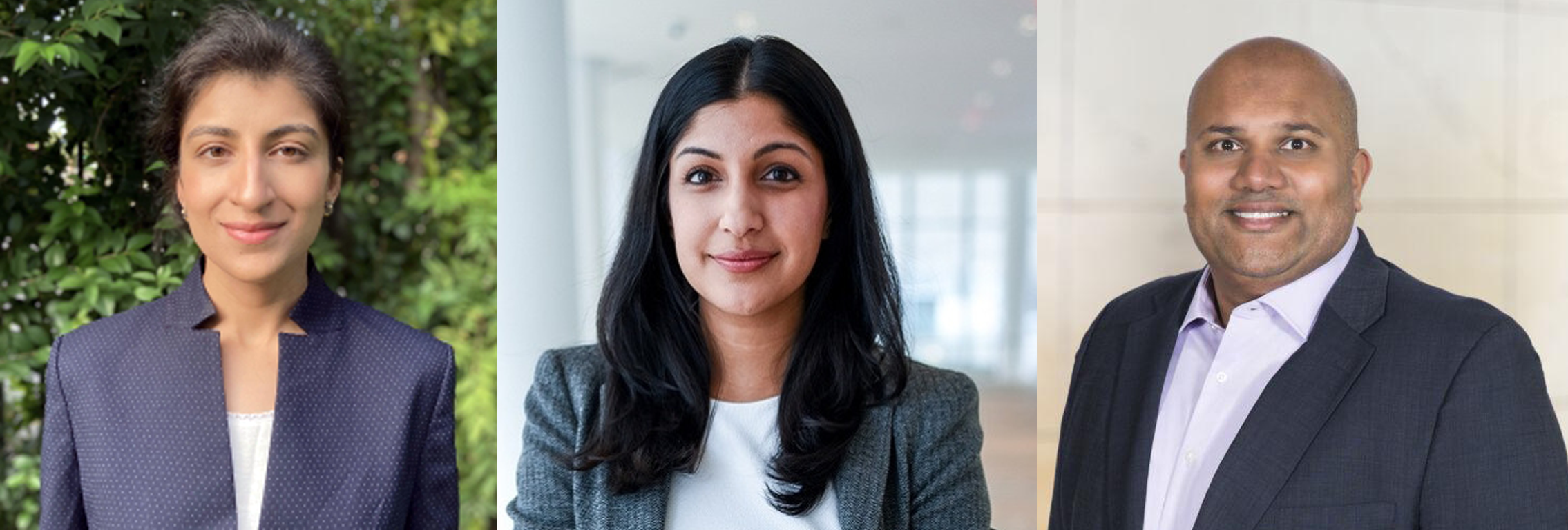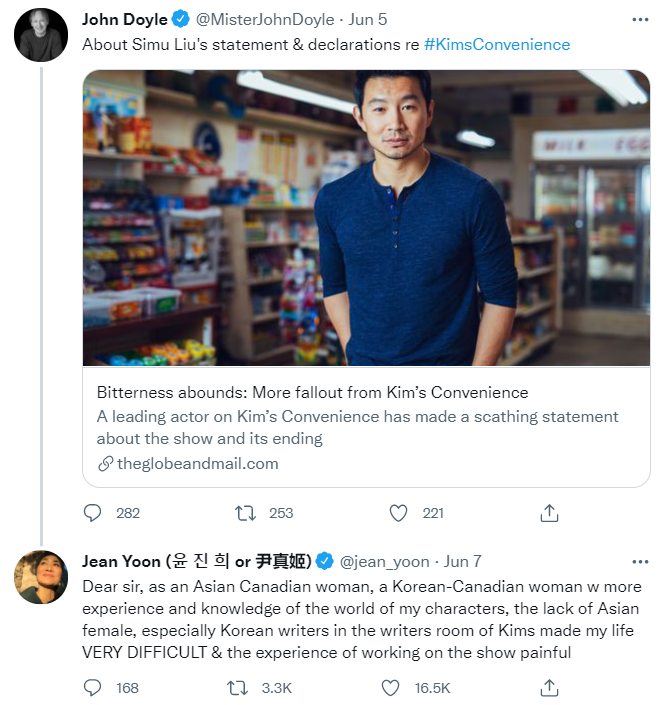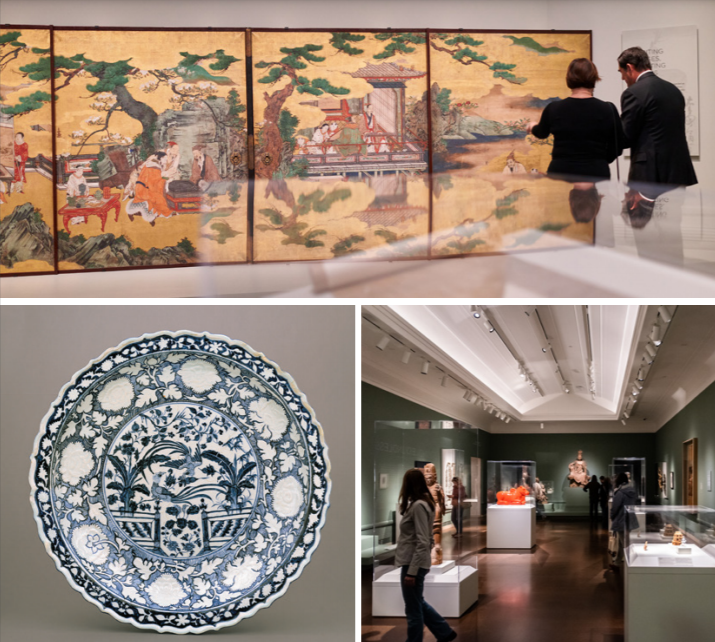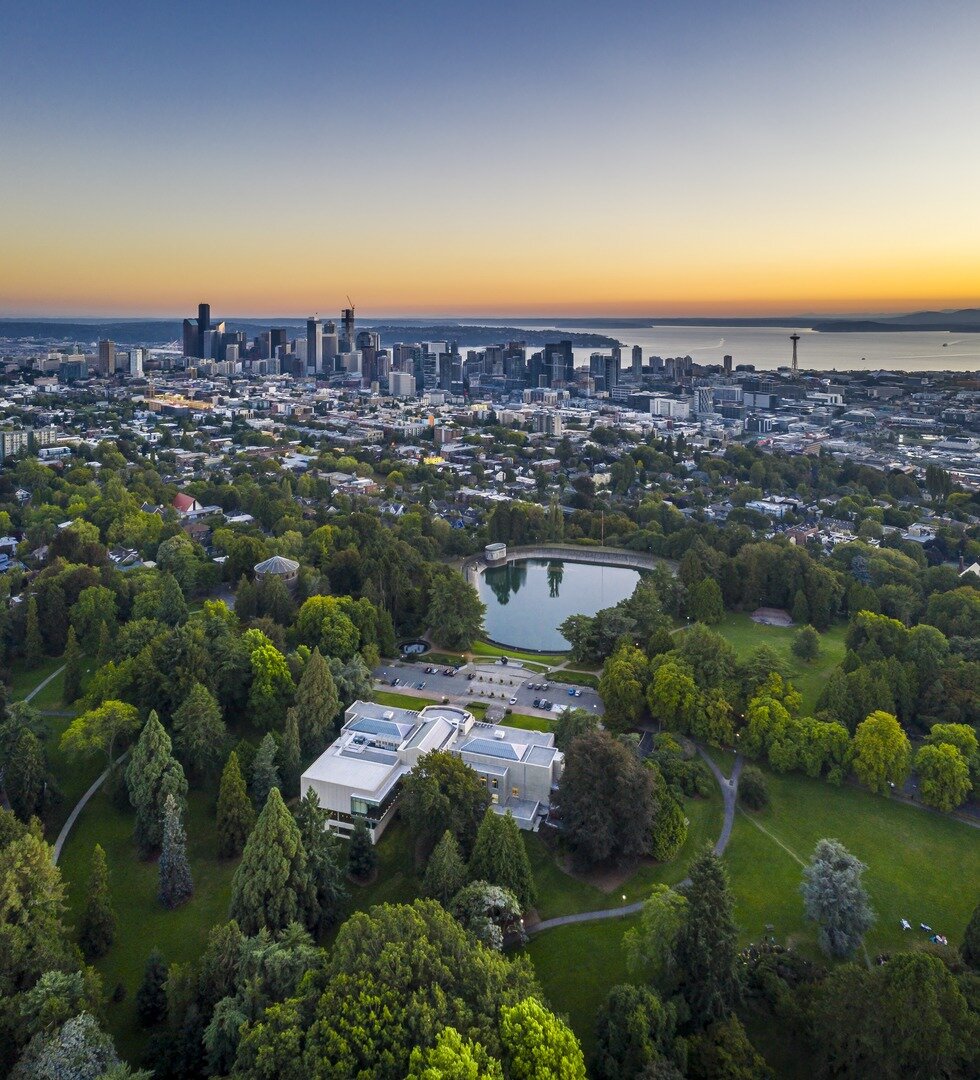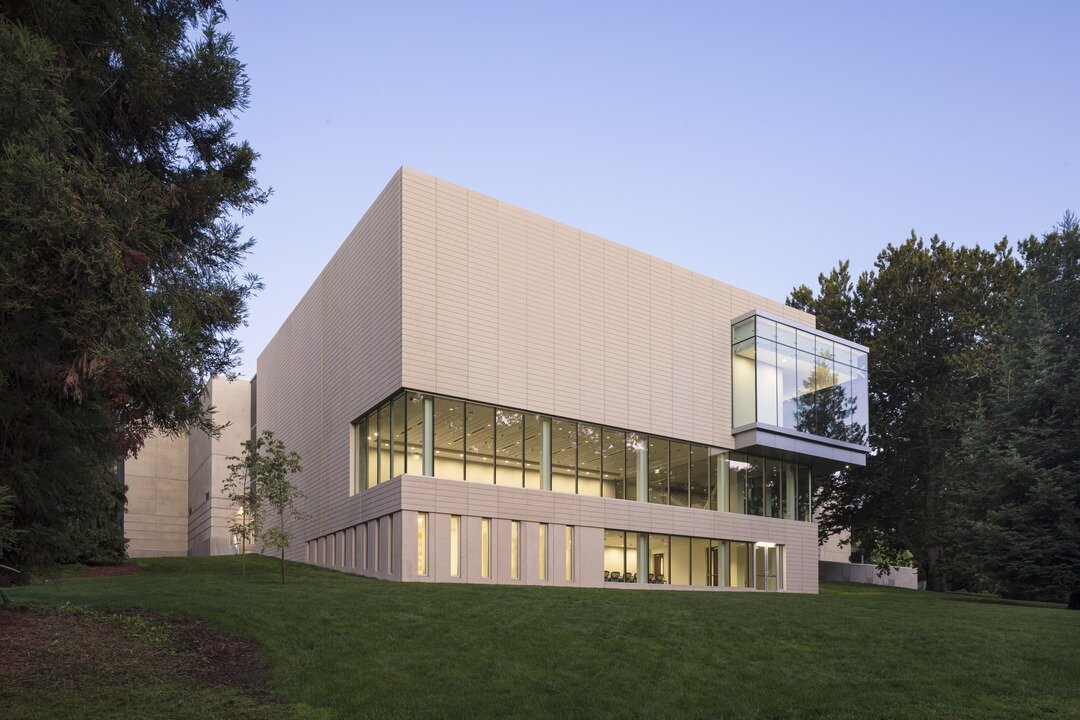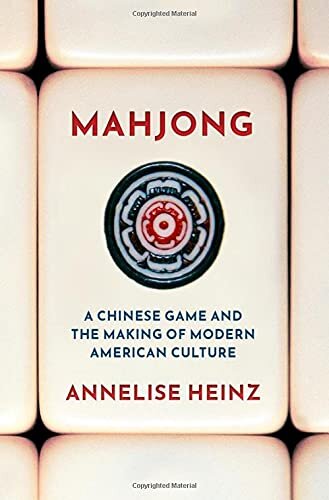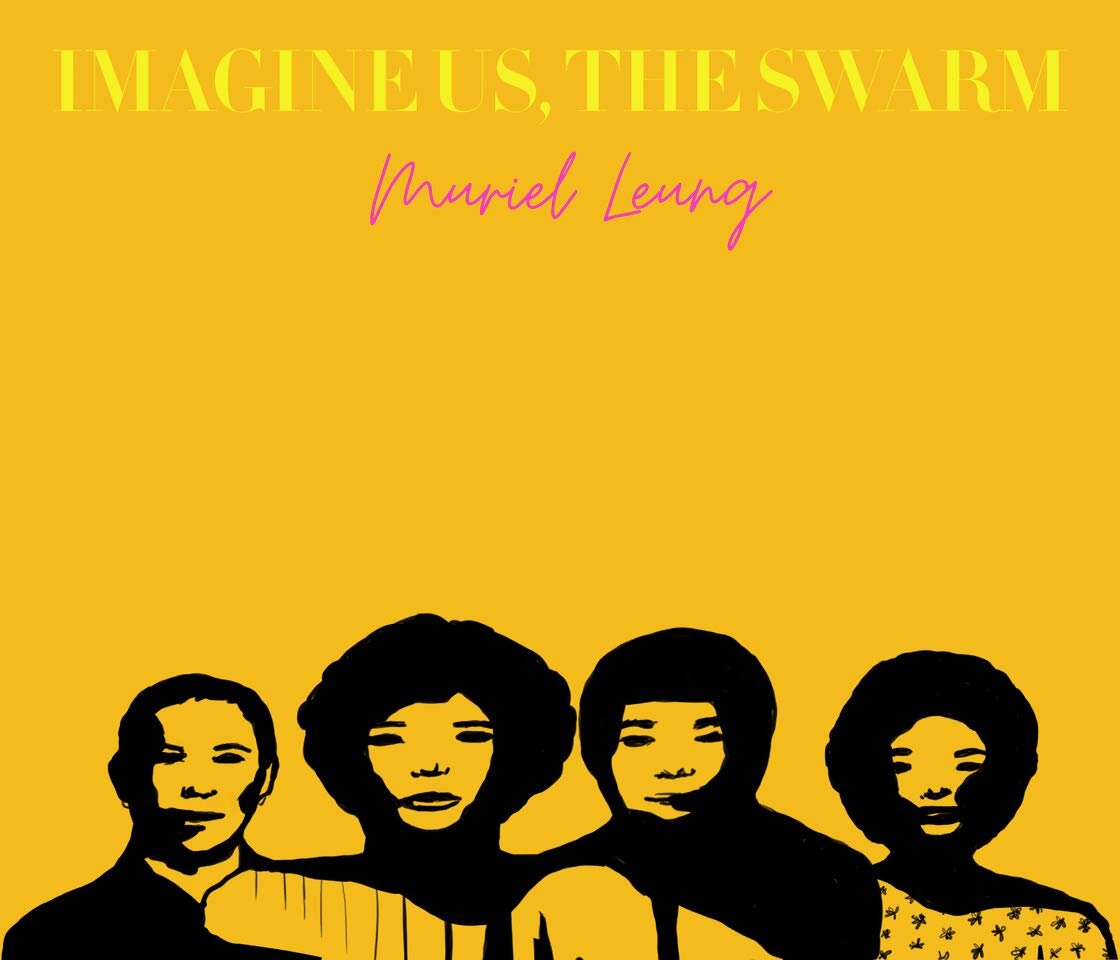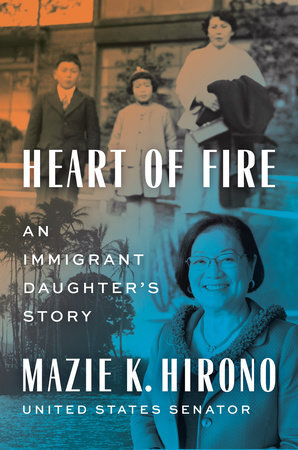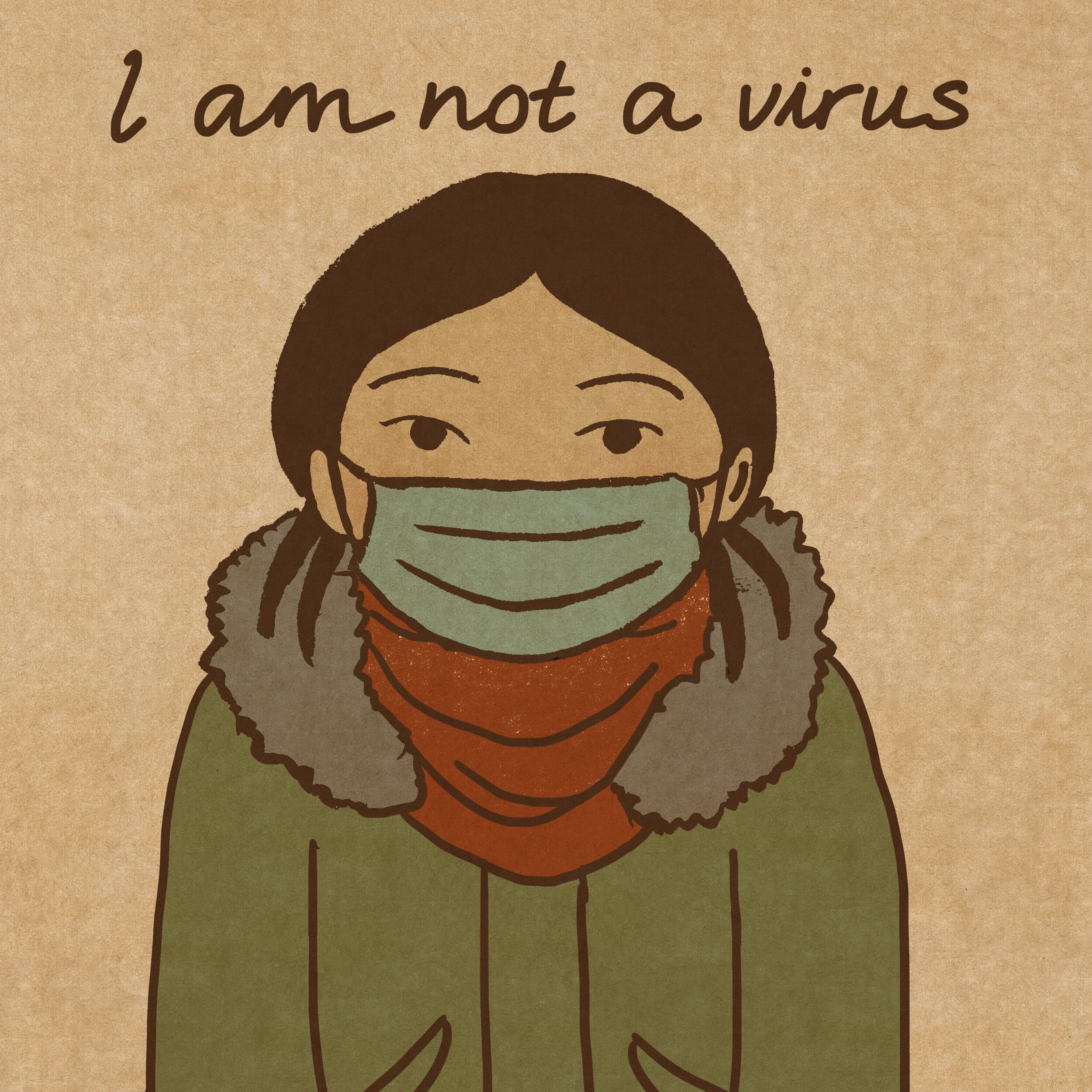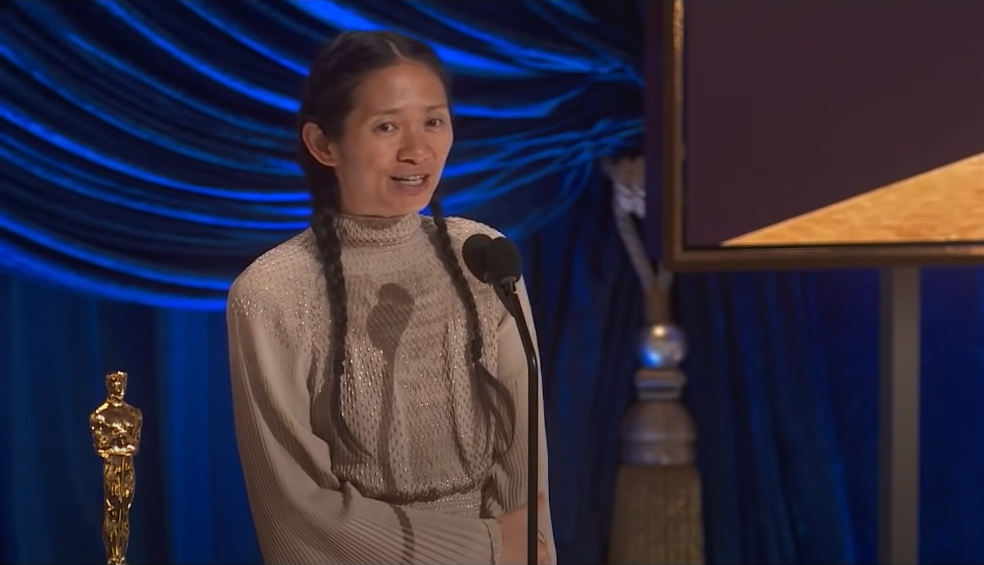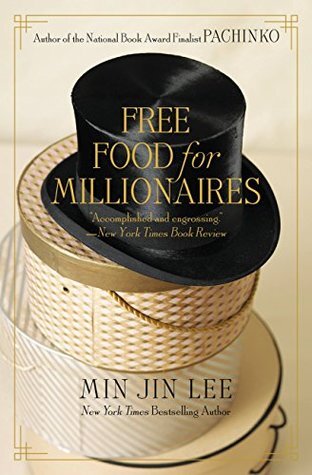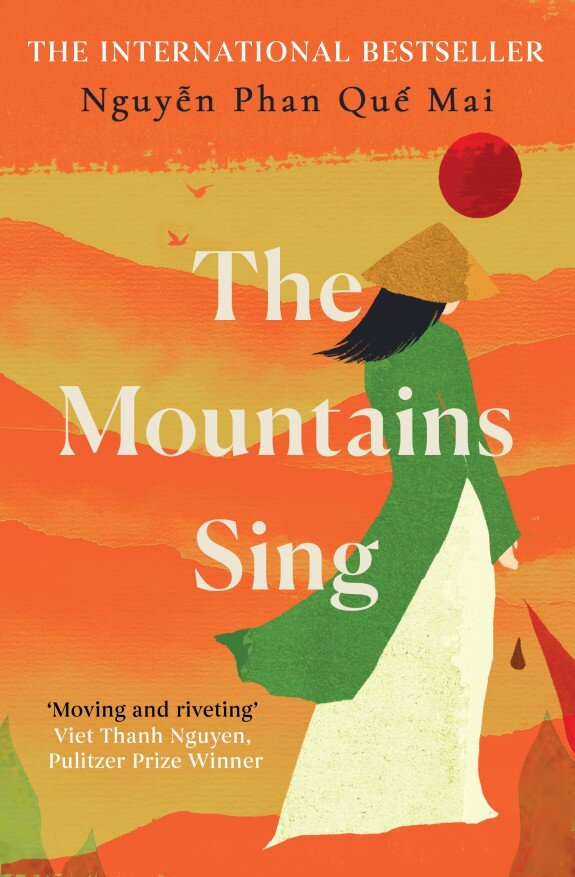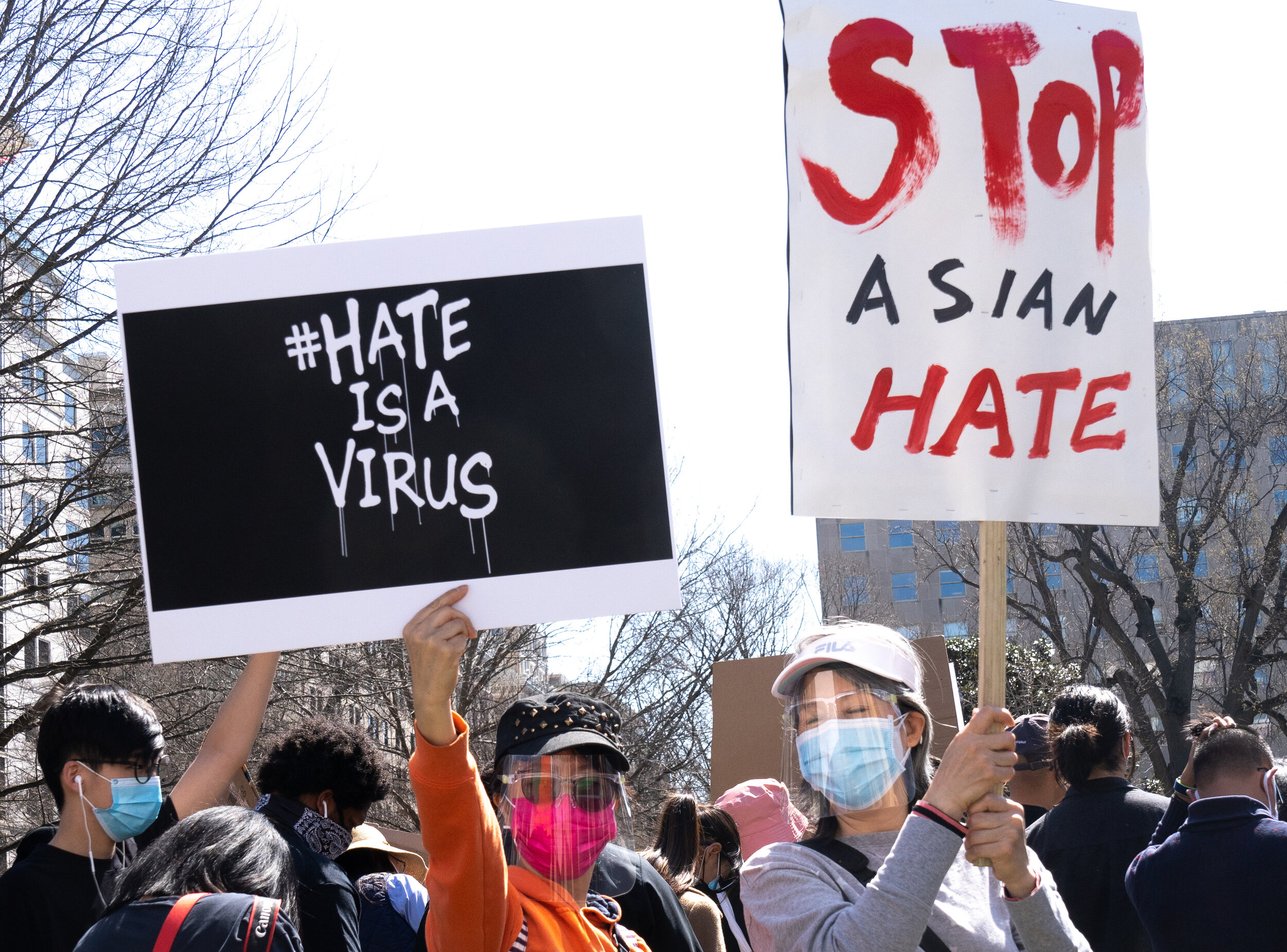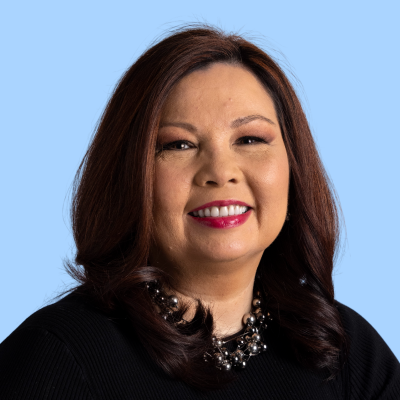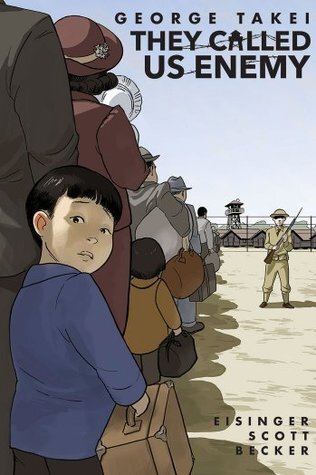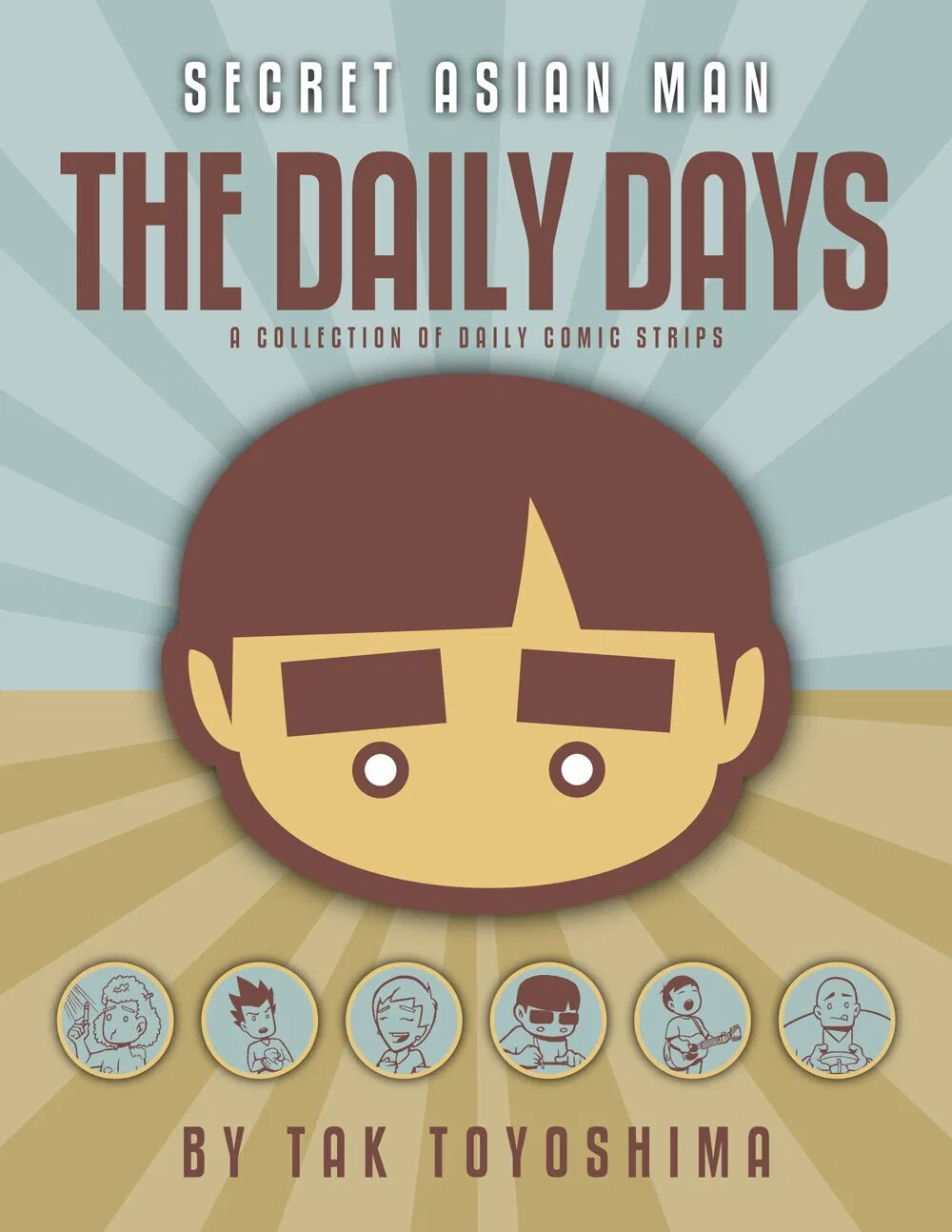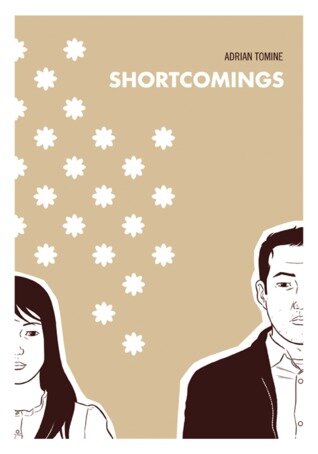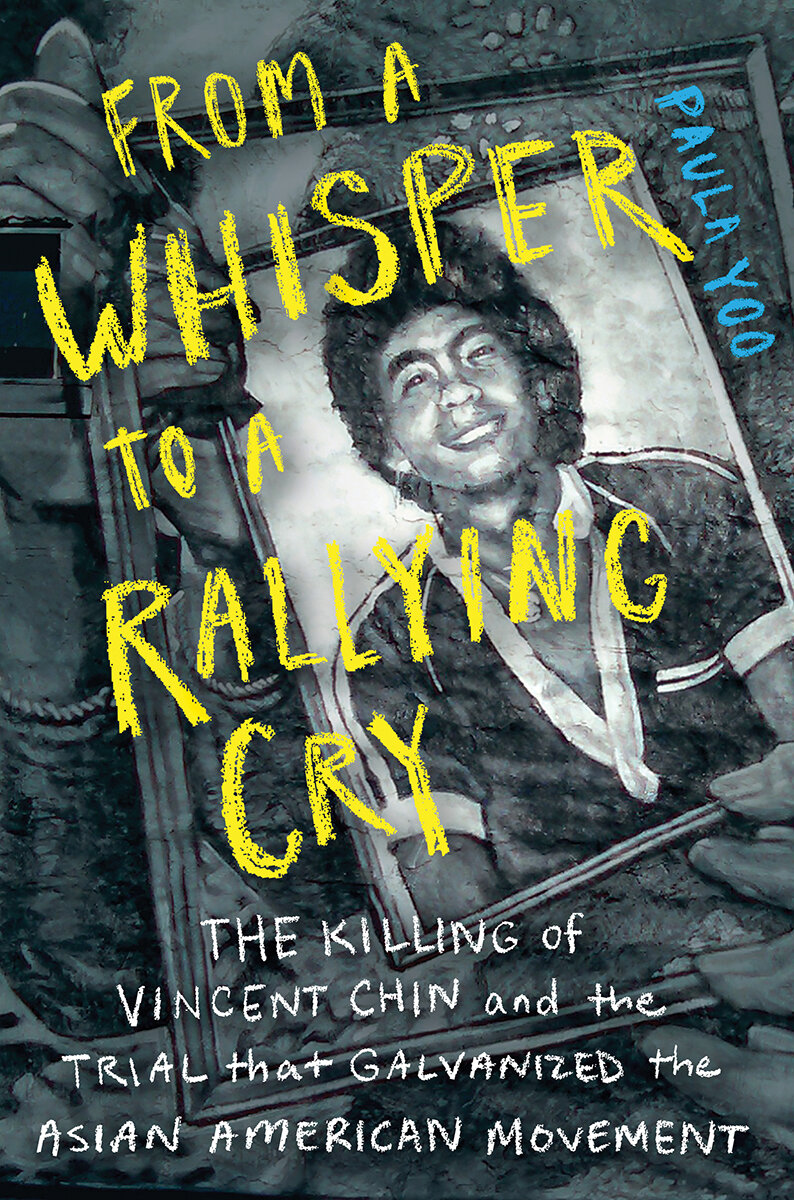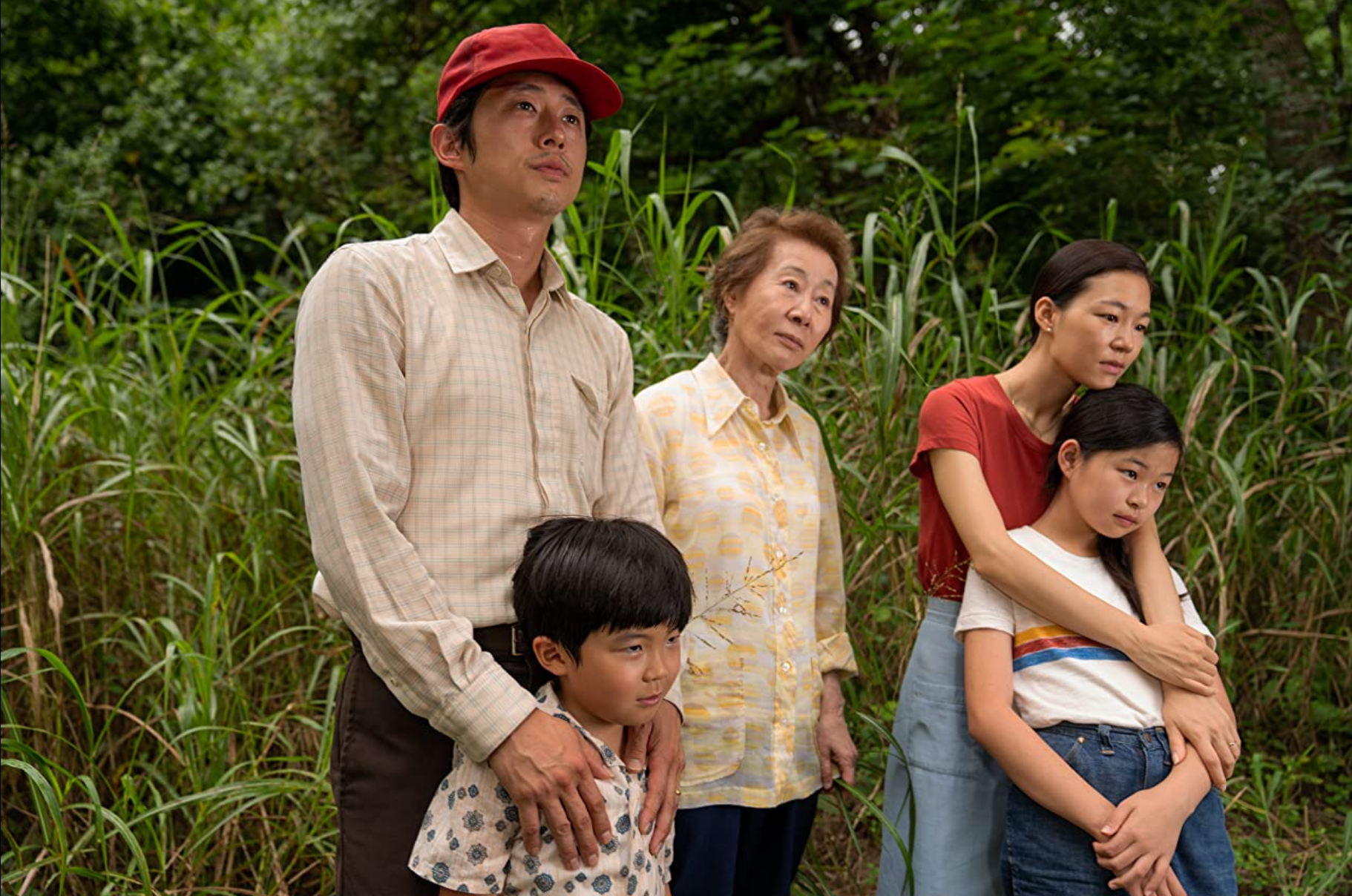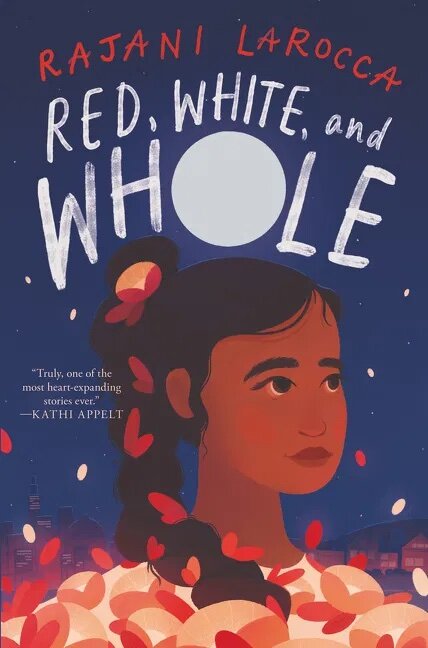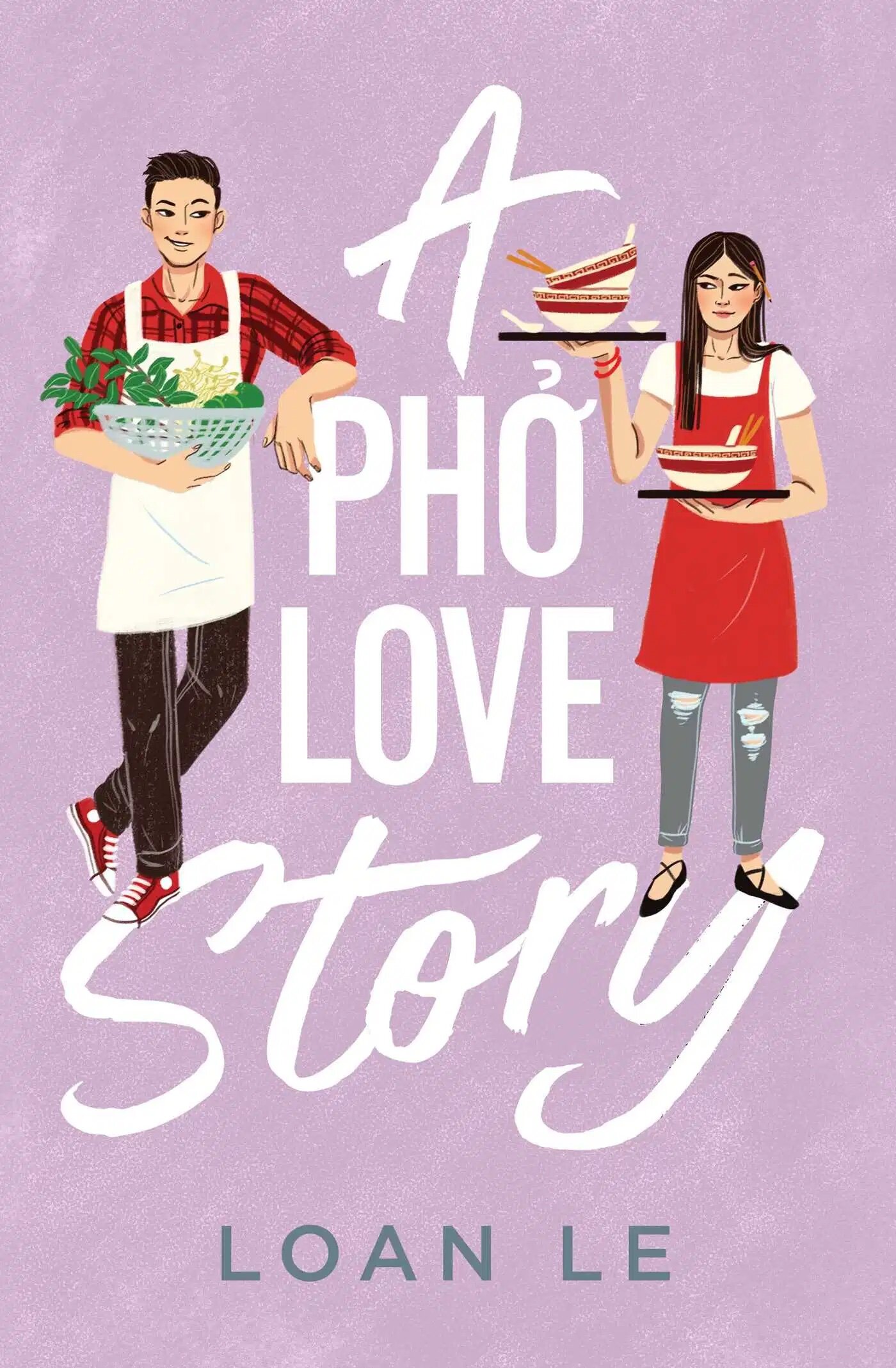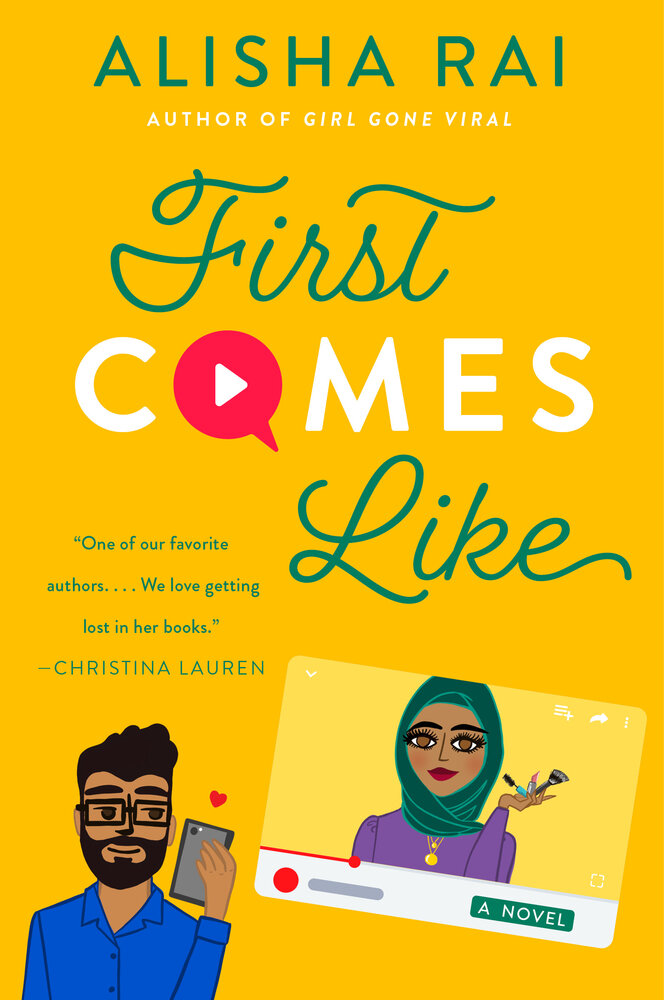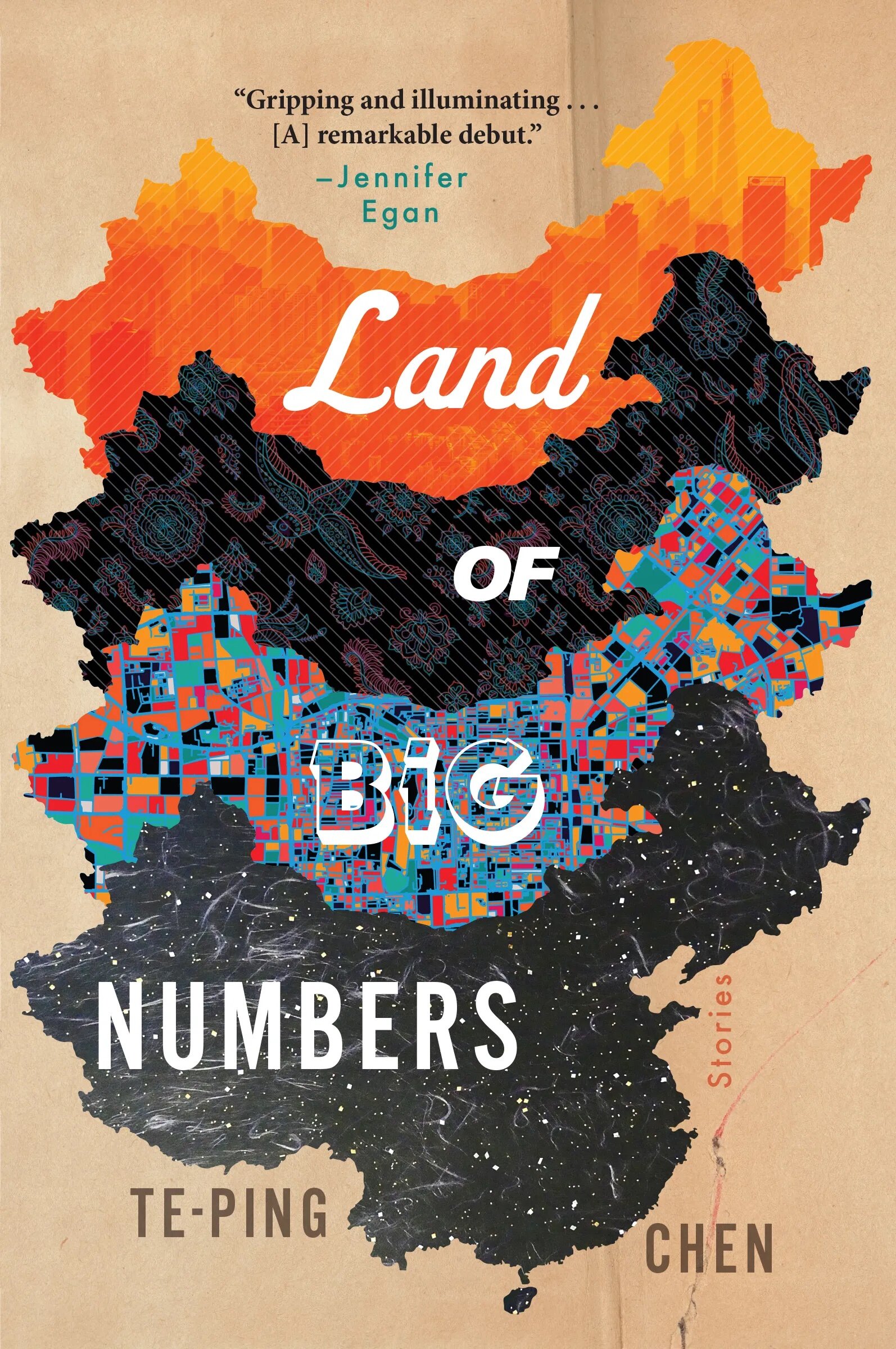A summary of issues of interest to the AAPI community nationwide and on the Stanford University campus.
Leadership
Erika Moritsugu, Hawaiian-born and of Chinese and Japanese descent, serves as senior liaison to the Asian American and Pacific Islander communities. As The Washington Post reports, she was hired in the wake of AAPI frustration when President Biden “failed to name a person of Asian descent to his statutory Cabinet.”
The White House nominated Chantale Wong to be U.S. director of the Asian Development Bank, a multilateral financial institution. If approved by the Senate, she would be “the first out lesbian” and “the first LGBTQ person of color” with the rank of ambassador.
Andrew Yang came in fourth in the Democratic primary for the New York City mayor’s race, and ultimately dropped out. He has threaded the politics of representation, with some Asian American voters supporting his campaign, and others critiquing his approach to issues of identity and his policies.
The attorney general of New Jersey, Gurbir Grewal, will lead enforcement at the Securities & Exchange Commission. He is the first Sikh American to hold this post.
Earlier this year, the Rt. Rev. Diana Akiyama was ordained as the first Asian American female bishop in the Episcopal Church. Her father was a Japanese American imprisoned by the U.S. government during WWII for his identity.
Activism
Around 190,000 young people immigrated to the United States as dependents of their parents, who came to study. However, their visas are running out, as they are no longer “dependents” by age 21. NBC reports that “a coalition of 300 of these young people, 70 percent South Asian, are appealing to lawmakers to create a clear path to citizenship.”
Asian Americans make up two-thirds of Buddhists in the United States, but popular publications have been dominated by white voices. A new generation of Buddhist practitioners is speaking up for equal participation.
Representation
“Perpetual Foreigner”— see the full series by Andrew Kung and Kathleen Namgung here
Arts & Media: The PBS documentary “Asian Americans” unanimously received the Peabody Award for best documentary.
Megan Suri joins the cast of “Never Have I Ever,” a Netflix series starring an Indian American protagonist, played by Maitreyi Ramakrishnan. The story of the two Desi American teens forms the arc of Season 2.
A documentary celebrates music journalist Ben Fong-Torres, “the son of working-class Chinese immigrants from Oakland’s Chinatown” who became one of the “most respected writers and editors at Rolling Stone” magazine by deftly interviewing musicians such as Ray Charles and Bob Dylan.
Hawaiian fashion designer, kapa artist, and kumu hula [a master teacher in hula] Micah Kamohoali'i will have his designs on display at New York Fashion Week this year.
Sony’s new animated film “Wish Dragon” is set in Shanghai.
Chinese American photographer Andrew Kung and Korean American product designer Kathleen Namgung have created a photo series that "highlights Asian Americans in everyday American spaces," pushing back against the "perpetual foreigner" stereotype.
Sports & Competition: At the Tokyo 2020 Games, surfing featured in the Olympics for the first time. Originating in Hawaii with a history "spanning a millennium," the sport is considered a "spiritual art form and egalitarian national pastime that connect[s]" people "to the land and sea." Native Hawaiian activists hoped to highlight surfing's cultural connection with the islands, and petitioned the IOC to allow athletes to separately represent the Hawaiian Kingdom in Tokyo, but it was not considered. According to NBC, "outside of the Olympics, Hawaii is nearly universally accepted as an independent surfing entity by the international community," and many surfers compete under the Hawaiian flag.
Carissa Moore, the only ethnic Native Hawaiian on Team USA, won Olympic gold (video) in surfing. She and USA teammate John John Florence, usually represent Hawaii in international competitions. The Pacific Island of Tahiti will host the surfing competition at the 2024 Paris Olympics.
Abhimanyu Mishra, an Indian American, became the youngest chess grandmaster ever at age 12.
23-year-old Collin Morikawa, who turned pro only a year ago, won the PGA golf championship. Asian women have also “won eight of the past 10 Women’s PGA Championships,” and as The New York Times reports, the players are now speaking out about experiencing “microaggressions about their names, their appearance, even their success” because of their Asian identity.
Asian Masculinity & Sexuality: UCLA Professor Brian Keum describes common stereotypes of Asian men as “emasculated, effeminate, less attractive” as well as “unathletic,” explaining to the Washington Post that “these stereotypes date to the mid-1800s, when Chinese immigrant men were forced into jobs as launderers, cooks and domestic servants in retaliation for their efficiency in mining and construction jobs (from which they became banned), but linger in the 21st century, through, for example, racist online dating practices in which Asian Americans are the least likely of men to be matched.”
Efforts to reverse this prejudice include photography projects to reframe Asian masculinity and Simu Liu’s casting as Marvel superhero Shang Chi.
Gay Asian Americans wrestle with their identities in a feature by Esquire. Though they are seen as “more American” than other Asians, they still face discrimination within the gay community. As “double” minorities, LGBTQ Asians also find their stories missing from Hollywood productions, according to NBC.
Anti-Asian Violence & Discrimination
Violence & Hate Crimes: Hate crimes against Asians increased 107% in California, according to a State Attorney General report for 2020. The Virulent Hate Project delves into analysis why anti-Asian violence is rising. Writing in CNN, a female Asian American business leader recommends actions such as reflecting on feelings and internal bias, acknowledging the rise in hate, and creating "clear goals and strategies" within your organization to combat hate. She also suggests people speak out publicly and loudly. Many younger Asian Americans are doing just that when they stand up in protest.
Casual Racism: Beyond hate crimes, there is now a reckoning for the “casual, everyday racism” Asians face, including “racist, off-the-cuff remarks,” “culturally insensitive jokes” and late-night TV hosts pillorying Asian cuisines.
In business, while “Asian Americans are overrepresented in mid-level roles” they are “underrepresented in leadership” in part because one Asian is confused for someone else of Asian descent. This idea of the faceless “interchangeable” Asian is detrimental to individuals’ career progression, when they hit a “bamboo ceiling.”
Furthermore, because they are perceived to be a compliant “model minority” that have benefited from the existing racist system, “Asian Americans have often been positioned in a way that makes white people feel their racism is exonerated,” NBC News explains. “Microaggressions against [Asians] are more accepted because they’re not seen as people who are relatable or close to home,” Professor Van C. Tran of CUNY said.
According to Professor Nadia Kim of Loyola Marymount University, “much of America, including other people of color...have internalized this notion that Asian Americans”—especially “East and South Asian Americans”—are “doing so well.” People tend to assume that “socio-economic privilege” equates “with the lack of racism,” but this is a false assumption that “makes no sense, because actually groups that interact the most with white America tend to report the highest rates of discrimination.”
Reopening & Economic Recovery
After the “wave of animosity” during the pandemic, many Asian Americans around the country are reluctant to visit public places, including schools, public transit, and baseball games, The New York Times reports. Even as the pandemic eases, there is still “significant fear of discrimination or attacks,” experts shared with a Boston public radio station.
Beyond physical attacks, Asian Americans report that “rising incidents of anti-Asian hate during the pandemic are having a lasting impact on their mental health, well-being and future careers” in a GirlUp/Harris Poll survey. As previously reported, researchers from Boston University, Brigham and Women’s Hospital, and Massachusetts General Hospital have found that Asian Americans “who experienced COVID-related racism” are now reporting “clinically elevated symptoms” of “anxiety, depression, and PTSD.” While Asian Americans are now seeking out more mental health resources, “language and cultural barriers, along with simple supply and demand, have prevented many of them from getting the help they need.”
An analysis by the Mastercard Center for Inclusive Growth finds that Asian American communities were hit earlier and harder by the COVID-19 pandemic, and recovery in those neighborhoods has been hampered by lack of e-commerce opportunities. In comparing rates of digitalization, the company found “one-fourth of the transactions in grocery stores and restaurants” in New York City “were digital in 2020 [but] only 3 percent were digital in Asian American communities in the city.”
According to a new study, AAPI women are the demographic group experiencing the “highest rates of long-term unemployment during the pandemic” as "almost half have been out of work for longer than six months" The Washington Post also reports on economic struggles in San Jose, one of the nation’s most diverse cities, highlighting the disparities experienced by different groups of Asian immigrants even before the pandemic.
AAPI Issues in Education
Asian American Studies: Students across the country are pushing schools to add Asian American history to the K-12 curriculum. Illinois became the first state to require this, and measures are in the works in Connecticut, New York, and New Jersey. In Wisconsin, the proposed bill would “require school districts to teach students about Hmong Americans and Asian Pacific Islander Desi Americans (a term that includes people of East Asian, South Asian, Southeast Asian and Pacific Islander descent).”
At the university level, advocates say Asian American Studies Departments “could be transformative.” Join Stanford alumni efforts on this issue by visiting sapaac.org/asianamericanstudies
Books for Freshmen: The U.S. Air Force is distributing “They Called Us Enemy,” a book by George Takei on the internment of Japanese Americans during World War II, to new cadets. One of Stanford’s “3 Books” selections is “Know My Name” by Chanel Miller, whose mother is Chinese. Miller survived a sexual assault on the Stanford campus.
Programming for Kids: Sesame Street tackles anti-Asian bullying with a conversation between Japanese American and Filipino American characters about being called “slanty eyes” and a new song “Proud of Your Eyes.”
Pandemic Travel
As vaccination rates increase, and the U.S. opens up, some travelers are making their way to the Hawaiian islands. Before embarking, please consider pandemic safety and heed the governor's travel warning. Be sure to read the article "What Native Hawaiians Want You to Know Before a Trip to Hawaii", which quotes a Stanford alumna, and remember that there are native names for tourist landmarks.
Recommendations
Read: A comic from Vox explains the large Asian American wealth gap, where stereotypes about “well-to-do Asians” erases large numbers of working- and middle-class Asian Americans. A CNN feature explains how diverse the AAPI population in the United States really is.
Watch: AAPI chefs, celebrities and activists (including Hasan Minhaj, Eugene Lee Yang, and Michelle Kwan) dine together in “Recipe for Change” while discussing challenges faced by the AAPI community.
Listen: Check out the music of four Asian American musicians in Austin, where 80,000 out of nearly 1 million residents is of Asian descent. The lineup on Austin360 includes musicians of Korean, Indian and Filipino descent.
E-mail khsu@alumni.stanford.edu with ideas for future Advocacy & Education updates or to volunteer with the editorial team.
